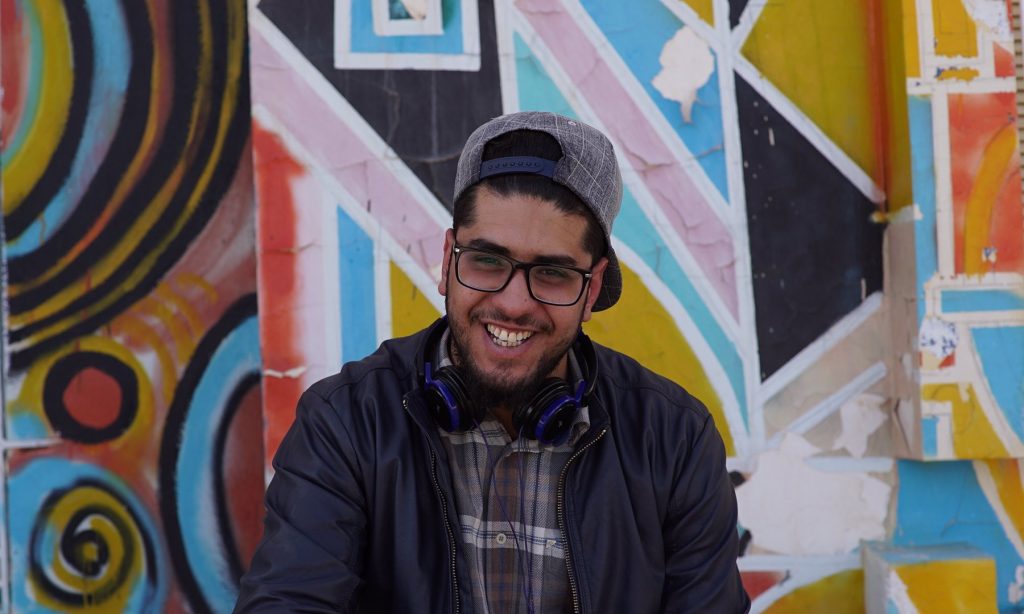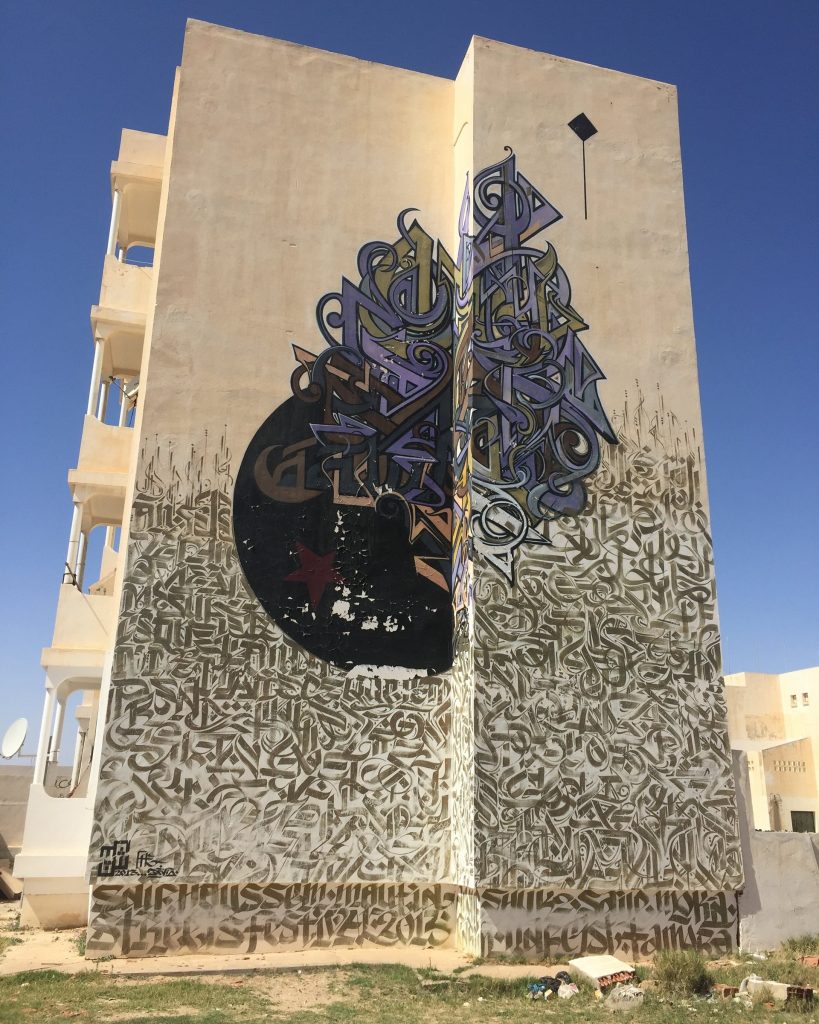
Photograph: Helene Dancer
It’s lunchtime in the Tunisian city of Kasserine. From plastic chairs at a pavement cafe on the city’s main thoroughfare, a group of young men are watching the heavily-armed guards patrol the city’s best hotel.
Here in Tunisia’s second-biggest city, security is paramount. It’s only a few hours’ drive east from the Algerian border and the chaambi mountains, a known training ground for islamic extremists. It’s also one of the poorest cities in the country, where unemployment is rife, especially among young people, making many marginalised young men vulnerable to the lure of extremist recruiters.
As a result, Tunisia is now the largest exporter of jihadi militants in the world. According to the UN, more than 5,500 nationals between the ages of 18 and 35 have joined militant organisations, including Islamic State (Isis) and al-Qaida’s affiliated Nusra Front, across Syria, Iraq and Libya.
UN experts say that while “some [recruits] are prompted by religious and political ideologies,” many others are lured by the promise of financial gain, or a sense of purpose and belonging.
For Tarek Dhibi, a 23-year-old design student and graffiti artist, the years after the 2011 Arab Spring – when citizens rose up to depose Zine El Abidine Ben Ali – have been characterised by disillusionment among young people.
“This city’s crazy,” he says, sitting outside the busy cafe. “After the revolution, the government didn’t do anything for us… so many people hate society.
“That’s why so many people are going to daesh [Isis]. You get money. People going to daesh don’t have anything in their lives. They don’t have their own ideas so they’re easily convinced.”
Dhibi has chosen graffiti as his weapon of choice to try to tackle the problem, and has devised a series of workshops for young people. He wants to teach them how to use a spray can, but also hopes that the process will help them form a strong sense of identity, which may make them less likely to join extremist groups.
“Graffiti showed me you can succeed even if you have nothing,” he explains. “Art has changed countries and empires, and I chose graffiti because it’s my lifestyle.”
Calligraffiti
It was Karim Jabbari, also from Kasserine, who first introduced Dhibi to hip-hop culture and the art ofgraffiti. In the aftermath of the 2011 revolution, he curated the city’s Streets Urban Festival, inviting international rappers, breakers, DJs and artists to the city to celebrate youth culture.
Jabbari then teamed up with Dhibi to work on a graffiti piece that runs along Kasserine’s prison wall. It’s based on the words of revolutionary early 20th century poet Aboul-Qacem Echebbi’s text Yebne Ommi, and combines graffiti and Arabic calligraphy, or “calligraffiti” as it’s widely known.
Vestiges of the festival remain dotted around Kasserine as a reminder of a more hopeful time. A block west of the prison still forms the canvas for French graffiti artist Zepha’s paean to calligraffiti, and on a low wall nearby someone has sprayed ACAB (All Cops Are Bastards) in large black letters.

Photograph: Helene Dancer
‘We’ve had enough’
In preparation for his workshops, Dhibi has prepared the beginnings of a syllabus: an eight-point plan on how to become a graffiti artist.
Comments from locals suggest that his programme will be welcomed. “There is a strong tension. It’s like a balloon that will explode from the pressure,” says Ali Rebah, who runs Kasserine’s community radio station, KFM, a project born out of the ashes of the uprising to celebrate and make use of the media’s new-found freedom.
Like Dhibi, Rebah fought in the revolution but has since become disappointed with the lack of progress. “We have had enough of politicians who don’t do anything,” he says. “The people demand a development – a business plan that’s clear for the region.”
Following the attacks in Tunis’s Bardo Museum in March 2015, the government introduced an anti-terrorism bill and has taken steps to better police mosques controlled by extremists. But for many, this has resulted in increased harassment and has raised fears that the laws will curtail the country’s hard-won freedoms.
Dhibi recounts the experience of one of his school friends, who he says was jailed for two years without trial after he attended a conservative mosque. “He hates the government and society so much more now,” Dhibi says.
It’s a delicate situation, and both local and international civil society organisations are being forced to step in to address the root causes of radicalisation.
Monia Mhamdi runs Amal which means “hope” in Arabic – an NGO working to “fight the state of injustice which has reinstated itself, and understand and teach the language necessary to do this,” she explains. “It’s a lack of critical thinking that is so dangerous.”
For Dhibi, the spray can is just one strategy he hopes will make a difference. “I want to share my inspiration with the group. For us to be brothers and sisters,” he says. “In our religion, we share. I will fight for them and I hope they will fight for me and our society.”
Additional reporting by Jakob Weingartner

